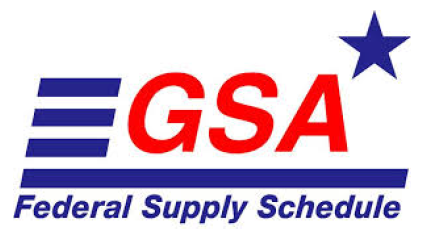The Department of Defense (DoD) has recently made significant updates to its acquisition policies concerning commercial products and services. These changes are poised to simplify the contracting process and alleviate compliance burdens for contractors. If you’re considering entering the world of government contracting, understanding these policy shifts is crucial for your business strategy. This blog post will explore the latest developments and how they can benefit businesses looking to partner with the government.
Understanding the Changes
Historically, the DoD has imposed a wide array of clauses that contractors needed to adhere to, even when dealing with commercial items. This often extended to subcontracts, compounding compliance requirements and administrative burdens. However, the latest policy update marks a strategic shift towards efficiency and simplicity.
Key Highlights of the Policy Update:
- Reduced Flow-Down Clauses: The updated policy limits the number of clauses that can be flowed down to subcontractors. This means fewer administrative hurdles for subcontractors dealing in commercial items.
- Simplified Contracting Process: By streamlining the requirements, the DoD aims to make the contracting process more straightforward, enabling quicker turnarounds and less bureaucratic overhead.
- Enhanced Market Accessibility: These changes are designed to make it easier for new entrants and small businesses to participate in DoD contracts. Reducing complex regulations can lower the barrier to entry, making government contracts more accessible to a broader range of businesses.
Implications for New Contractors
For businesses new to government contracting, these changes represent a significant opportunity. Here’s how you can leverage these updates:
- Understand the Specifics: Familiarize yourself with the exact clauses that have been streamlined. Knowledge of these specifics can help you better prepare your proposals and compliance strategies.
- Assess Your Offerings: Evaluate how your commercial products or services might fit into the DoD’s needs. With simplified processes, your commercial solutions might now be more viable and attractive to the government.
- Prepare for Quicker Processes: Be ready to respond more swiftly to RFPs (Requests for Proposals) and other solicitations. A simplified process means faster decision-making from the DoD, requiring agile responses from contractors.
Leveraging Resources and Tools
Capitol 50’s resources can be invaluable as you navigate these new waters. Utilizing tools and insights available can prepare you effectively for entering this competitive arena. Engage with procurement specialists and use educational resources to understand the nuances of government contracting.
Conclusion
The DoD’s recent policy updates are a game-changer for businesses looking to engage in government contracting. By reducing the complexity and compliance burdens associated with acquiring commercial products and services, the DoD is not only streamlining its own operations but also opening doors for more businesses to participate in government contracts. As these changes unfold, staying informed and prepared will be key to capitalizing on new opportunities in the field of government contracting.
If you find this overview helpful but need more personalized guidance tailored to your specific business needs, we’re here to help! Book a free 30-minute consultation call with us today. This is a limited-time offer, so don’t miss out on the opportunity to get expert advice that could shape the future of your business in government contracting. Time is of the essence—take advantage while it lasts! Click here to schedule your session now.
Frequently Asked Questions (FAQs)
What are commercial items in the context of DoD contracting?
Commercial items refer to products or services that are sold or traded in the commercial marketplace and are used by the general public or non-governmental entities. These include everything from office supplies to advanced technological systems.
How will the new DoD policies impact small businesses?
The simplified procedures and reduced flow-down clauses should make it easier for small businesses to compete for DoD contracts. This reduction in regulatory burden can help small enterprises focus more on innovation and service delivery rather than compliance.
What should I do first if I’m interested in DoD contracting under the new policy?
Start by understanding the specific changes in the policy and how they relate to your business offerings. It’s also beneficial to review your business capabilities and align them with the needs of the DoD to identify potential opportunities.
Where can I find the details of the clauses that have been streamlined?
The official DoD contracting websites and federal registries typically publish detailed updates on policy changes. Additionally, consulting firms specialized in government contracts often provide summaries and analysis that can be very helpful.
How can I ensure compliance with the new DoD requirements?
Compliance can be ensured by staying up-to-date with policy changes, attending workshops and seminars on government contracting, and possibly engaging with a consultant who specializes in federal contracting processes.



